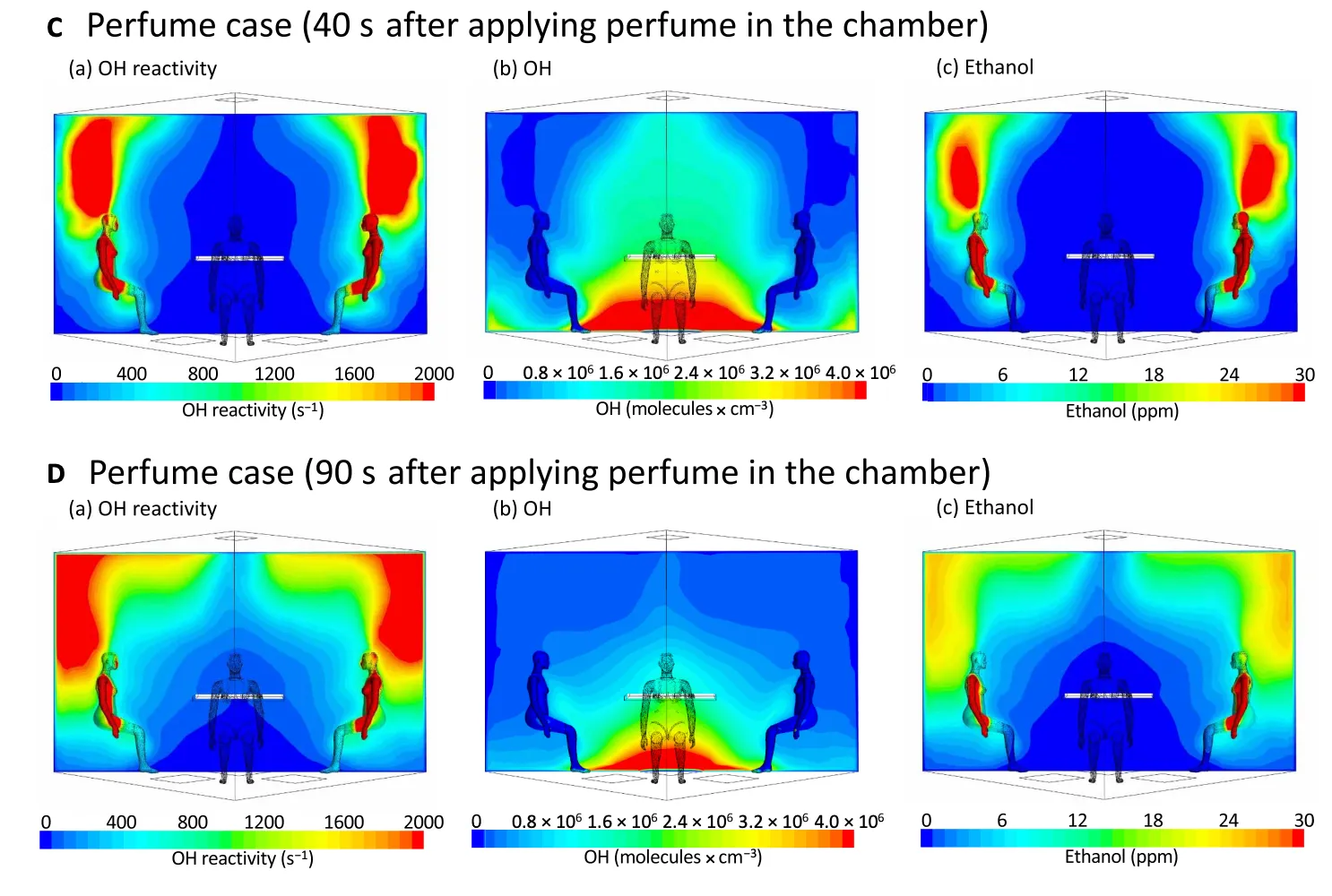The harm of using perfume has been revealed

This invisible shield, which scientists call the "human oxidation field," quickly interacts with molecules around us, neutralizing volatile compounds.
However, researchers have found that personal care products applied to this area change the air chemistry, which can lead to potentially toxic byproducts entering our skin or respiratory tract.
Atmospheric scientist Nora Zannoni and her team from the Max Planck Institute point out that this chemical field particularly influences the composition of the air we breathe, which has a direct impact on human health.
The human oxidation field was discovered in 2022. Research conducted at that time showed that oils in the skin react with ozone to form hydroxyl (OH) radicals, and these radicals create a kind of chemical protection field.
In the new study, four young adults were placed in a temperature-controlled environment. The participants were examined separately before and after using a personal care product. It was observed that substances such as phenoxyethanol and ethanol, especially after lotion use, increased with body temperature and dispersed into the air, and the concentration continued to increase even after 10 minutes.

The chemical concentration in the immediate vicinity of the nose was found to be 2.8 times higher than the surrounding air. The researchers then measured how the human oxidation field responded to these changes by releasing ozone from the ground.
The findings showed that the lotion blocked the formation of a key precursor used in the production of OH radicals, reducing the rate of these radicals by 34 percent.
A similar effect was observed when participants used perfume. Ethanol and monoterpenes in perfume were detected 10 times more intensely in the crown of the head than in ambient air, reducing the OH level in the oxidation zone.

The researchers did not investigate the direct health effects of these chemical changes, but they noted that these rapid chemical reactions taking place in the immediate vicinity of our breathing space pose potential risks.
"We need to rethink indoor chemistry because the oxidation field we create is transforming many chemicals in our environment, and we don't yet know the health effects of this transformation," said Jonathan Williams, a member of the 2022 expedition team that led the study.
SÖZCÜ





